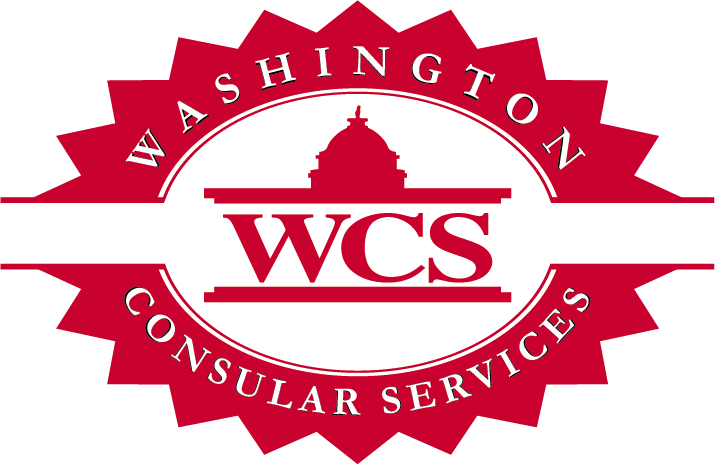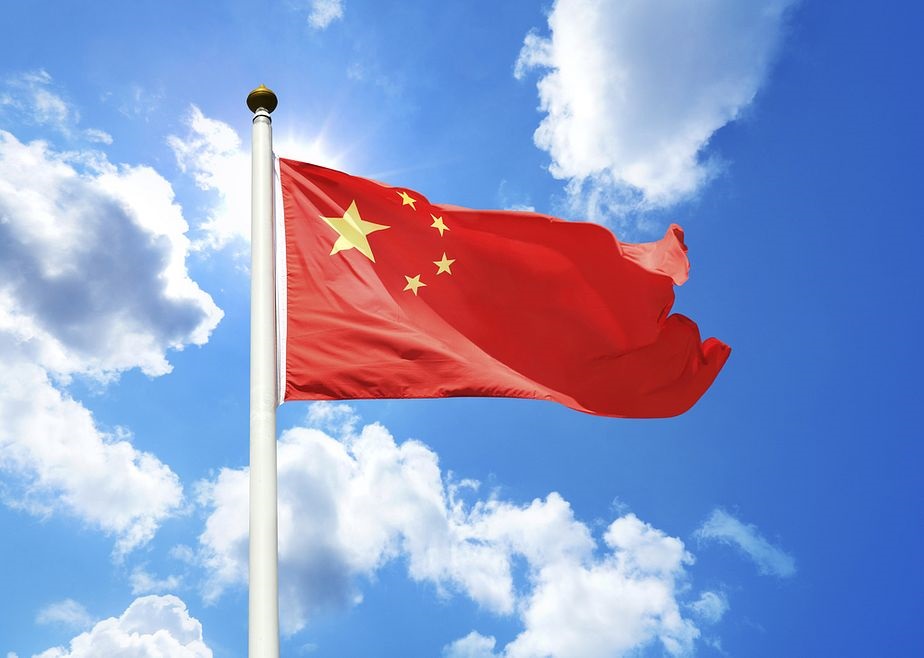China has taken a giant step forward to simplify and improve the process of global document authentication.
Sixty years after the creation of the Apostille Treaty in The Hague, Netherlands, hastening the flow of crucial documents across borders, China has ratified the treaty. Then, in January of 2024, Canada will join the treaty system, leaving a shrinking group of nations to with the traditional system.
Not alone among long-term holdouts, which include Indonesia, Canada, Singapore, Saudi Arabia, Pakistan, Vietnam, Egypt, Turkey, and others, the China-process involved costly fees and weeks spent at local Consulates waiting for stamping to be completed. This was all a product of hallowed traditions, in which sovereign nations applied diplomatic and bureaucratic certifications to inbound documents. Compounded with the time required at the government agencies of the issuing countries, delivery of products and services was often delayed, against the backdrop of rapidly modernizing transportation and digital communications.
Along the way from 1961 to present, China’s procedures for dispute resolution and other matters were unable to be reconciled with the Hague Convention, the international body that created the treaty. Major corporations and law firms became involved in specific dispute-resolutions. Prior to the Apostille Treaty, China had ratified another vital Hague Convention Treaty in 2005, the Hague Convention on Protection of Children, governing Inter-Country adoptions.
With China’s ratification of the Treaty on November 7, 2023, the number of signatory countries, from Brazil to India, totals 124. With many of the previous holdouts also joining in the last several years, the old ways of document authentication are disappearing into history. For global manufacturers and marketers, adopting parents, transnational workers, exchange students, and bi-national families, the savings in time and money are considerable—and often critical to the flow of global trade and travel.
Today, all you need is to notarize your document in the jurisdiction-of-origin. Once this is done, simply submit an online order through WCS Express™, and we will handle the rest for you.
Visit Washington Consular Service today and click on the ORDER NOW tab to access online ordering.




